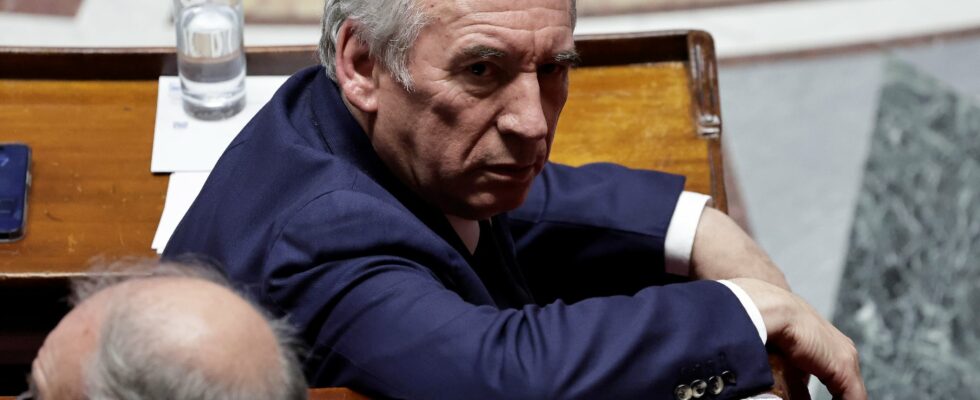“I first want to express my emotion, because it has been a long time since I spoke in this assembly, which I really enjoyed.” A few minutes later: “Don’t get angry with each other; in any case, the French can’t hear you: the microphones are muted.” On December 17, François Bayrou, who will deliver his general policy declaration on Tuesday January 14, rediscovers the National Assembly. The shock is severe, as it was for his predecessor, Michel Barnier, same age. One of his last parliamentary scenes, on December 4, was not the least striking: while he paid tribute to the memory of a former elected official, a member of La France insoumise said “We don’t care”. “I happen to think like you that this National Assembly has changed a lot,” says the one who is going to be censored.
In a note entitled “Parliamentary fever: this world where we wrestle!” (full study available on www.cepremap.fr/), three researchers, Yann Algan (HEC), Thomas Renault (Paris I) and Hugo Subtil (Zurich) study all the speeches in plenary session in the Hemicycle from 2007 to June 9, 2024, the day of the dissolution – some 2 million speeches – using artificial intelligence. They draw a major and worrying conclusion: “the deinstitutionalization of the National Assembly” is underway. François Bayrou, more than many others, had theorized the need for the debate to take place in the Hemicycle to prevent it from breaking out in the country and drew from it one of the arguments for introducing proportional representation. But this period is over: “While most of the interventions in the old world were aimed at developing their own ideas, they now consist of attacks from other benches. Just like on social networks, deputies from other camps are no longer adversaries, but enemies who we no longer hesitate to threaten, even to the point of coming to blows.”
The key word has become anger, against a backdrop of discourse whose register has evolved significantly. The proportion of interventions which mainly use emotional rhetoric rather than rational and deliberative rhetoric is increasing dramatically: from 22% in 2014 to 40% with the Chamber elected between 2022 and 2024. LFI elected officials come out on top, with 52%. of emotional speeches in 2024, followed by those of the RN (48%). And among the emotions, anger is overwhelmingly dominant, far ahead of sadness, fear or joy. The authors emphasize, “the most recent research in cognitive sciences and social sciences shows that individuals dominated by anger do not seek compromise, but to overturn the table in a logic of ‘nothing left to lose’, and are impervious to to new information contrary to their initial beliefs.” At the same time, the interventions become poorer in their argumentation. Over the decade, their length, measured by word count, decreased by more than 50%. The study also suggests that a large part of the anger is overplayed by MPs, which, the authors point out, citing Pierre Rosanvallon, corresponds to a strong characteristic of populist leaders to flatter emotions.
“What has changed is the audience, not the theater”
“What has changed the most between the old and the new world is not the theater, it is the public”: the theater was intended for the journalists who reported on the debates. There was therefore a mediation which required, in order to be considered by the press as a “good deputy”, to make more rational speeches to show one’s competence. The public is now the followersand the Assembly seems to have become a recording studio for social networks. Before a rebellious MP spoke, it happened that the others exclaimed: “Turn… Action!”
The final word goes to Roland Barthes and his famous Mythologies : “The virtue of wrestling is to be an excessive spectacle. The public doesn’t care at all whether the fight is rigged or not, and they are right; they trust in the first virtue of the spectacle, which is to abolish all motive and all consequences: what matters to him is not what he believes, it is what he sees. This public knows very well how to distinguish wrestling from boxing; is a Jansenist sport, based on the demonstration of excellence; we can bet on the outcome of a boxing match: in wrestling, this would have no meaning. So the function of the wrestler is not to win, it is to accomplish. exactly the gestures that are expected of him, to propose excessive gestures, exploited to the paroxysm of their meaning.”
.
